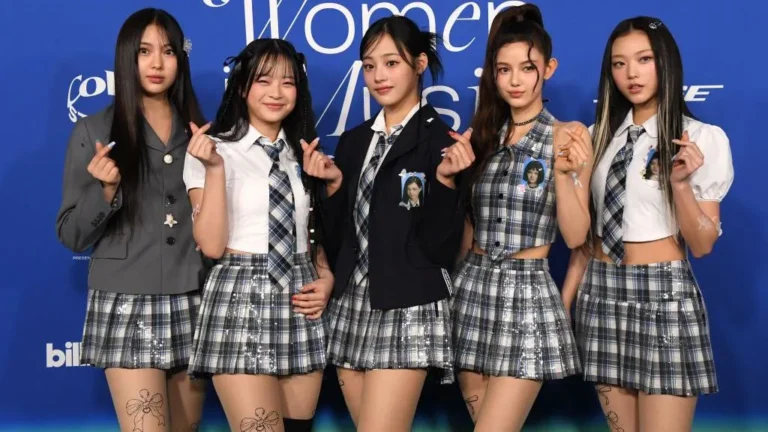K-pop group NewJeans has lost its legal battle to leave its record label, Ador. A South Korean court ruled on Tuesday that the group’s contract, which runs until 2029, remains valid.
The group’s five members—Hanni, Hyein, Haerin, Danielle, and Minji—had announced last year that they were leaving the agency, citing mistreatment and manipulation. Local media reports say the band plans to appeal the ruling.
The court decision comes after a year-long standoff between NewJeans and its agency. The group’s announcement in November last year followed a public dispute involving their mentor, Min Hee-ji, Ador, and its parent company, Hybe, South Korea’s largest music label, which manages acts including BTS and Seventeen.
Tensions began in April 2024 when Hybe conducted audits into Ador and called for Min to step down as CEO. Min denied allegations that she was planning to go independent. She was dismissed in August, prompting NewJeans to demand her reinstatement. When Hybe refused, the band publicly accused the label of undermining their careers.
Hanni, one of the members, also claimed she faced workplace harassment during her time at Ador. The disputes escalated, leading NewJeans to attempt a rebrand as NJZ in March. They released a new song and performed in Hong Kong, but their independent activities were stopped by a court order.
The case has drawn significant attention in South Korea, where entertainment agencies hold substantial control over artists. It is rare for high-profile groups to challenge their labels publicly, making NewJeans’ legal battle a notable event in the K-pop industry.
Despite the court’s ruling, NewJeans’ decision to appeal indicates the conflict with Ador is far from over. Fans and industry observers are closely watching the group’s next moves, including potential legal strategies and future performances.
The outcome underscores ongoing tensions in the K-pop industry regarding artist autonomy and label authority. While the court has upheld the existing contract, NewJeans’ persistence highlights growing concerns about fair treatment and creative freedom for idols.
As the appeal process unfolds, the group may continue efforts to perform and release music independently, challenging conventional industry practices and raising questions about how much control labels can exert over their stars.
The legal battle has sparked discussions about labor rights in K-pop and the influence of large entertainment companies. NewJeans’ situation may set a precedent for other artists seeking greater independence while under long-term contracts with major agencies.







